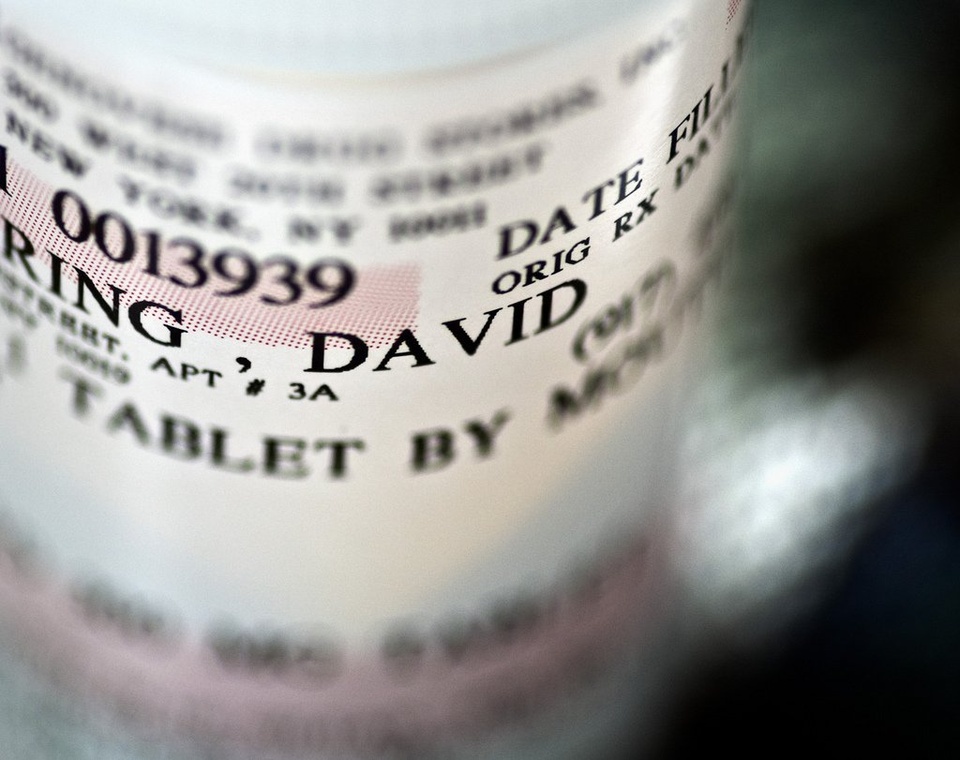
Being diagnosed with a Borderline Personality Disorder (BPD) can be troubling and stressful. There are ways to cope, however, and with support from a mental health professional it’s possible to set tangible goals towards living a healthy and confident life. Here are some of those ways.
 Photo by Tambako the Jaguar
Photo by Tambako the Jaguar
1. Cognitive Behavioral Therapy
 Photo by @Tuncay
Photo by @Tuncay
Cognitive Behavioral Therapy (CBT) is a form of psychotherapy that helps identify and change core beliefs and actions. This might work to reduce extreme emotions, mood ranges and anxiety.
2. Dialectical Behavioral Therapy
 Photo by martinak15
Photo by martinak15
Dialectical Behavior Therapy (DBT) is another form of psychotherapy that mental health professionals might recommend to treat a BPD. This therapy helps you be mindful in situations and learn how to control emotions so that better reactions and decisions can be reached.
3. Schema-Focused Therapy
 Photo by JoséMa Orsini
Photo by JoséMa Orsini
Schema-Focused Therapy helps reframe how you see yourself, often by using elements of CBT. This method suggests that it is a negative and destructive self-image that is the root cause of a BPD.
4. What About Medication?
 Photo by CarbonNYC [in SF!]
Photo by CarbonNYC [in SF!]
Medication is not typically prescribed for BPDs alone. It might sometimes be used if the BPD coexists with another mental health condition, or if one of the symptoms is particularly strong and can be alleviated by medication (ie: depression or anxiety).
5. Self Help
 Photo by lucytoon
Photo by lucytoon
There are many self-help strategies you can implement to help alleviate some of the symptoms of BPD. Examples include regular exercise, a balanced diet, sufficient sleep, meditation, relaxation and building a positive support network of friends and family that you can share your emotions openly with. Above all else, it’s important to be kind to yourself and know that positive steps can be made and help can be found.
Featured image Tom Blackwell









